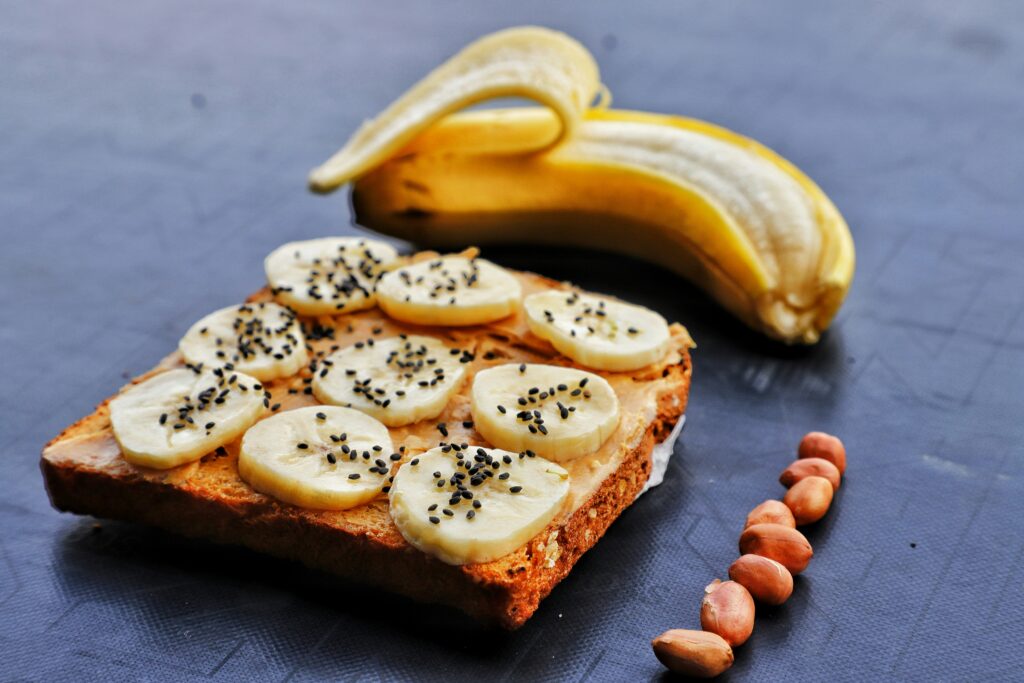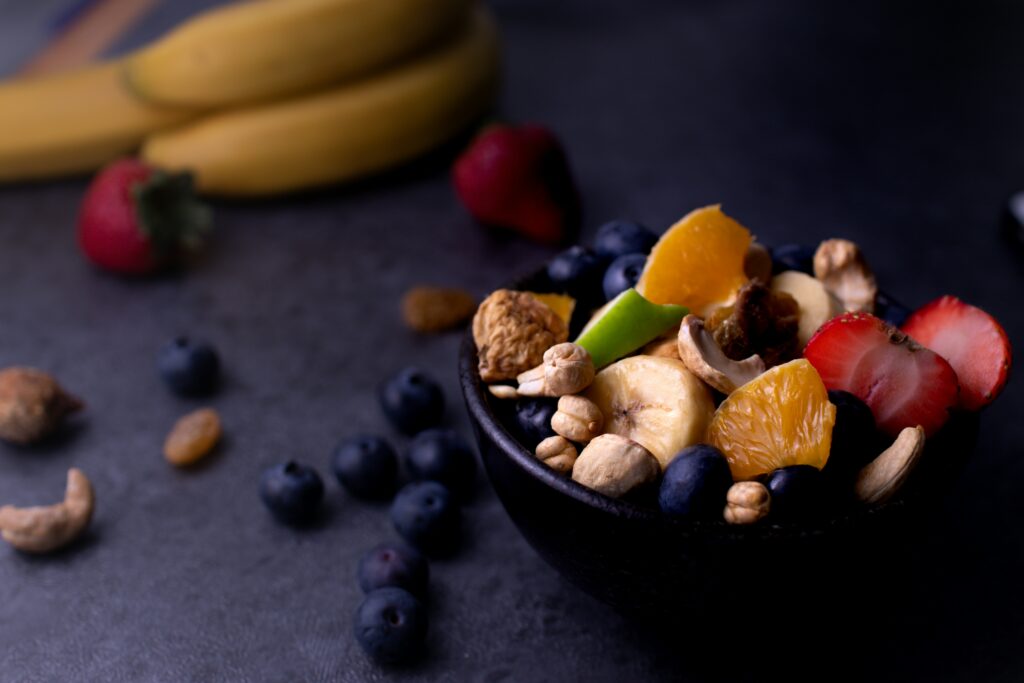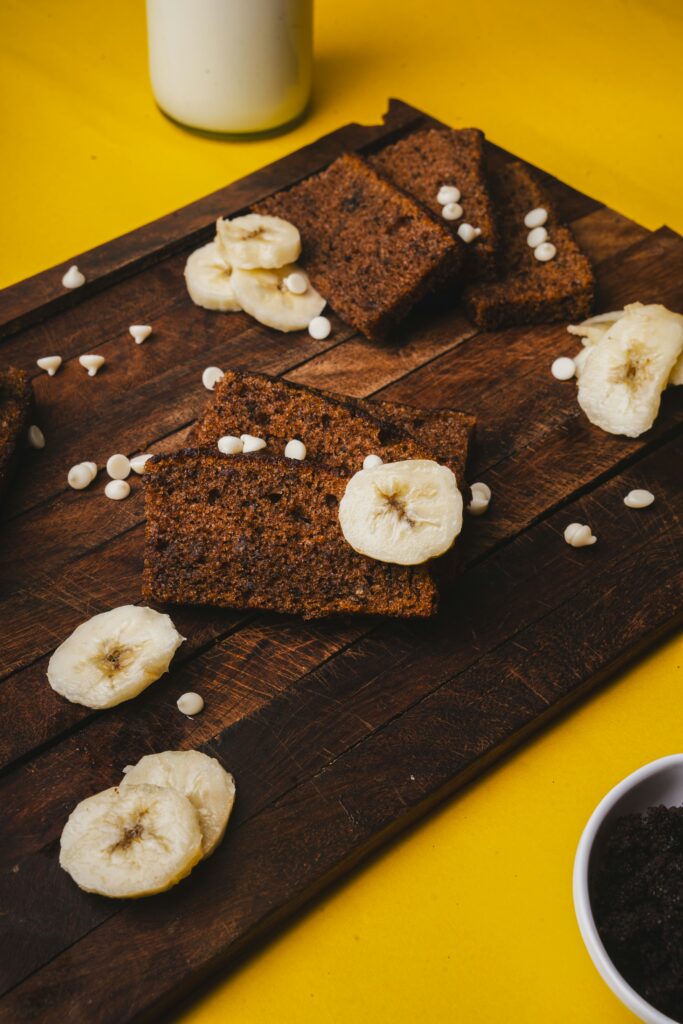Potassium is one of the most essential minerals your body needs to function properly. Despite its importance, many people fall short of their daily potassium requirements, which may increase the risk of health problems like high blood pressure, fatigue, and muscle weakness.
Fortunately, potassium is widely available in everyday foods, especially in fruits, vegetables, legumes, fish, and dairy products. By including potassium-rich foods in your diet, you can support healthy blood pressure, improve heart health, and keep your muscles and nerves working efficiently.
This article explores why potassium is important, how much you need, and the top 12 foods high in potassium that you can easily add to your diet.
Why Is Potassium Important?
Potassium is a mineral and electrolyte found in every cell of the body. It plays several critical roles, including:
-
Regulating blood pressure: Potassium helps balance sodium levels, which can reduce the risk of hypertension.
-
Supporting muscle function: It aids in proper contraction and relaxation of muscles.
-
Maintaining fluid balance: Potassium helps manage the movement of fluids in and out of cells.
-
Promoting heart health: Adequate potassium reduces the risk of stroke and heart disease.
-
Nerve signaling: It is vital for transmitting electrical impulses that allow nerves and muscles to communicate.
Recommended Daily Intake
Health organizations recommend around 3,500–4,700 mg of potassium daily for adults. However, studies show that most people consume significantly less than this, especially in diets high in processed foods and low in fresh produce.
12 Best Foods High in Potassium
Let’s look at some of the richest dietary sources of potassium.

1. Bananas
Bananas are often the first food people think of when it comes to potassium—and for good reason.
-
Potassium content: One medium banana (about 118 grams) contains around 422 mg of potassium, about 9% of the recommended intake.
-
Other nutrients: Bananas are also a good source of vitamin B6, vitamin C, fiber, and manganese.
-
Health perks: Unripe bananas contain resistant starch, a type of fiber that supports gut health and helps regulate blood sugar.
Summary: Bananas are convenient, versatile, and an excellent way to increase your potassium intake.
2. Avocados
Creamy and nutrient-packed, avocados are among the best plant-based sources of potassium.
-
Potassium content: 100 grams of avocado provides 485 mg of potassium, which is slightly more than bananas.
-
Other nutrients: Rich in healthy fats, fiber, folate, and vitamins C, E, and K.
-
Health perks: The monounsaturated fats in avocados support heart health and improve the absorption of antioxidants like carotenoids from other foods.
Summary: Avocados are loaded with potassium, healthy fats, and antioxidants, making them a heart-healthy choice.
3. White Potatoes
Potatoes, when prepared healthily, are one of the richest sources of potassium.
-
Potassium content: One medium baked potato with skin contains about 926 mg of potassium.
-
Other nutrients: Provides vitamin B6, vitamin C, magnesium, and fiber (especially in the skin).
-
Health perks: Keeping the skin on maximizes nutrient content. Baking or boiling is healthier than frying.
Summary: Potatoes are a potassium powerhouse when consumed without excess oils or unhealthy toppings.
4. Sweet Potatoes
Sweet potatoes are not only delicious but also packed with nutrients.
-
Potassium content: 100 grams of sweet potato offers 475 mg of potassium.
-
Other nutrients: Excellent source of vitamin A (in the form of beta-carotene), vitamin C, and fiber.
-
Health perks: Their antioxidant content supports eye health and immune function.
Summary: Sweet potatoes are a nutrient-dense alternative to white potatoes, with a significant potassium boost.
5. Tomatoes and Tomato Products
Fresh tomatoes contain potassium, but concentrated products provide even more.

-
Potassium content:
-
Tomato puree (100 g): 439 mg
-
Tomato juice (1 cup): 556 mg
-
-
Other nutrients: Rich in vitamin C, vitamin K, and lycopene (a powerful antioxidant).
-
Health perks: Lycopene may reduce the risk of heart disease and certain cancers.
Summary: Tomato-based products are a convenient way to boost potassium intake while benefiting from antioxidants.
6. Beans and Legumes
Beans are an affordable, plant-based source of potassium and protein.
-
Potassium content per 100 g (cooked):
-
White beans: 454 mg
-
Lima beans: 508 mg
-
Pinto beans: 436 mg
-
Kidney beans: 403 mg
-
-
Other nutrients: High in fiber, plant-based protein, and folate.
-
Health perks: Regular consumption of beans is linked to a reduced risk of heart disease.
Summary: Beans are nutrient-dense and provide potassium along with protein, fiber, and essential amino acids.
7. Dried Apricots
Dried fruits are concentrated sources of minerals like potassium.
-
Potassium content: 100 grams of dried apricots provides 1,162 mg, while a typical ¼ cup serving gives around 378 mg.
-
Other nutrients: Contains iron, vitamin A, and antioxidants like flavonoids and phytoestrogens.
-
Health perks: Beneficial for bone health, heart health, and overall diet quality, though higher in natural sugars.
Summary: Dried apricots are a convenient snack loaded with potassium, but portion control is important.
8. Yogurt
Yogurt is a versatile food that can be enjoyed as a snack, breakfast, or ingredient in meals.
-
Potassium content: 100 grams of plain yogurt contains 155 mg of potassium.
-
Other nutrients: Rich in protein, calcium, magnesium, phosphorus, and B vitamins.
-
Health perks: Yogurt with live cultures provides probiotics that support gut health and immunity.
Summary: Yogurt offers a modest amount of potassium along with protein and probiotics.
9. Salmon
Fatty fish like salmon are excellent sources of potassium and omega-3 fatty acids.
-
Potassium content: Cooked wild salmon provides 628 mg per 100 grams, while farmed salmon contains around 384 mg.
-
Other nutrients: Rich in protein, vitamin D, and heart-healthy omega-3s.
-
Health perks: Omega-3s reduce inflammation and lower the risk of chronic diseases.
Summary: Salmon is both potassium-rich and protective for heart health.
10. Spinach
This leafy green is a nutrient-packed option for increasing potassium intake.
-
Potassium content: 100 grams of raw spinach provides 558 mg of potassium.
-
Other nutrients: High in vitamin A, vitamin K, vitamin C, magnesium, and iron.
-
Health perks: Contains compounds that may help regulate appetite and promote satiety.
Summary: Spinach is one of the best green vegetables for potassium and overall nutrition.
11. Mushrooms
Certain mushroom varieties are surprisingly high in potassium.
-
Potassium content: One cup of cooked white mushrooms provides about 555 mg.
-
Other nutrients: Rich in B vitamins, selenium, and antioxidants.
-
Health perks: Mushrooms may support immune function and heart health.
Summary: Mushrooms are a flavorful way to boost potassium intake while adding depth to meals.
12. Oranges and Orange Juice
Oranges are widely known for their vitamin C, but they’re also a good potassium source.
-
Potassium content: One medium orange has around 237 mg, while one cup of orange juice provides about 496 mg.
-
Other nutrients: High in vitamin C, folate, and antioxidants.
-
Health perks: Supports immunity, skin health, and hydration.
Summary: Oranges and their juice provide a refreshing way to meet potassium needs.
Tips for Increasing Potassium Intake
-
Choose whole foods: Prioritize fresh fruits, vegetables, legumes, and fish over processed foods.
-
Leave skins on: Potatoes and other root vegetables provide more potassium when the skin is left intact.
-
Incorporate variety: Rotate between different potassium-rich foods to benefit from diverse nutrients.
-
Pair with healthy fats: Foods like avocados help improve absorption of fat-soluble vitamins in other foods.
Final Thoughts
Potassium plays an essential role in maintaining heart health, supporting healthy blood pressure, balancing fluids, and ensuring proper muscle function—yet many people fall short of meeting their daily needs.
The good news is that boosting your intake doesn’t have to be complicated or expensive. Foods like bananas, avocados, potatoes, beans, salmon, and leafy greens are flavorful, accessible choices that can help you meet your potassium requirements naturally.
Making potassium-rich foods a consistent part of your meals can strengthen your overall nutrition and lower the risk of long-term health issues. If you’re unsure how to balance these nutrients within your diet, getting started with Ciranox is easy. Simply fill out our sign-up form, and our nutrition experts will help you create a personalized plan that supports lasting health.




